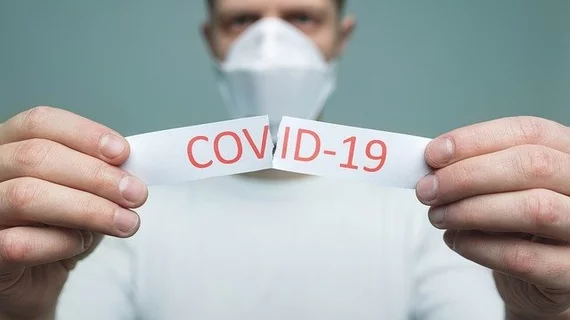Fauci comments on WHO’s confusing asymptomatic COVID-19 spread stance
Director of the National Institute of Allergy and Infectious Disease (NIAID) and White House Advisor Anthony Fauci, MD, delved into the recent confusion about the rate of COVID-19 transmission from those who may be asymptomatic.
Recently, the World Health Organization had to walk back on comments an official made that suggested asymptomatic spread of the virus was “rare.” The WHO has since clarified that there is still much unknown about the virus and the way it spreads, as well as how they are defining asymptomatic.
According to Fauci, WHO’s first remark about transmission was incorrect, he said during an interview on ABC’s Good Morning America. He further stated that anywhere between 25% and 45% of infected people are asymptomatic and can still transmit the disease to other uninfected people.
“And we know from epidemiological studies that they can transmit to someone who is uninfected even when they are without symptoms,” Fauci said in the interview.
Maria Van Kerkhove, PhD, of WHO, made the original comment at a press conference and later clarified it did not represent an official WHO policy. An estimate from WHO puts the rate of infected COVID-19 people with no symptoms at 16%, while 40% of transmission is from carriers who don’t display symptoms.

